Financial Goals to Set for the New Year
 2 min. read
2 min. read
It’s the new year, and you know what that means — New Year’s resolutions. The good thing about this yearly list is that you get a fresh crack at it each year. Hence, it allows you to review your goals and assess your performance in the past year. It also helps you identify which goals have been accomplished and what areas still need improvement.
In terms of finances, resetting your goals is just as important, as it enables you to look for ways to make things better. To help you reset your financial goals and achieve better financial health for the new year, here are some practical tips and best practices to follow.
• Create a monthly budget and stick to it
Creating a budget is an important consideration when trying to get a better handle on your finances. If you can account for every peso you earn, you can begin to improve your cash flow.
As a first step, you should calculate the amount of money coming in. From there, deduct your fixed expenses such as insurance fees, rent or mortgage payments, and property taxes. What’s left will be the amount you’ll work on to create a budget.
There are various methods you can use to come up with a budget. One is the 50/30/20 rule, where you allot 50% of your income for your needs, 30% for your wants, and 20% for savings. You may modify the strategy to suit your requirements, but whatever approach you adopt, be sure to spend according to your budget.
• Reduce your spending
You probably have monthly subscriptions for streaming services or cable TV, newsletters, beauty boxes, games—you name it. You likely don’t think about it much, yet money comes out of your account every month.
Assess your spending by asking yourself, “Do I really need this?” or “Can I live without this?” It may feel like it’s just a small cost that’s not worth the trouble of getting rid of, but when you add the expenses together, the total becomes substantial. By being mindful of your spending, you’ll be able to handle your finances with consciousness and intention.
There are other practical ways to cut expenses—don’t leave the computer running, unplug gadgets or appliances when not in use, or hang out the laundry instead of running the dryer. In terms of food, you can reduce your spending by cooking at home instead of eating out or frequently ordering take-outs.
• Start or build your emergency fund
Your emergency fund will serve as your financial safety net in case of an unexpected event. Financial advisors suggest it should contain at least three to six months’ worth of your average expenses, although the COVID-19 pandemic has led some experts to increase it up to one year’s worth.
Start by allocating a small amount of your paycheck for the fund, gradually increasing it as your income increases. Commit to regularly saving for the fund, making it a habit for the long term. To help you save without feeling like it’s a struggle, consider opening a savings account or, better yet, automating your deposits.
This will help you earmark a portion of your earnings for the fund regularly, enabling your savings to grow continually.
• Start investing
Investing is an effective way to build a savings fund. It isn’t just for the wealthy, and you don’t have to wait until you’re debt-free to start growing your money.
For beginners, opening a high-yield savings account can help you earn a competitive interest rate. You may also want to invest in a money market mutual fund, a low-risk type of fund that provides a return similar to short-term interest rates.
If you have existing investments, venturing into new investment vehicles will enable you to grow your wealth further. For instance, real estate allows you to earn passive income while requiring minimal effort to increase revenue.
• Get out of debt
Debts can come in forms, the most common being credit card debt and loans. While taking out a debt presents benefits like funding your immediate needs, getting stuck in it can cripple your financial productivity.
On the contrary, getting rid of your debts can help you achieve financial security. In particular, it enables you to increase your saving capacity, giving you one less thing to worry about.
One approach to settling debts is using a portion of your savings or income to pay down high-interest debts. This is a smart decision because you will stop accruing interest on large balances.
Another way is by raising funds or earning money dedicated to paying down your debt. One practical way is to sell things you don’t use. You can also take on a part-time job during weekends.
• Start saving for retirement
Financial experts emphasize that the earlier you get started with a retirement plan, the better off you’ll be. In addition, they note that investing a small amount in a long-term time frame can help you earn more money than putting in a larger amount for a shorter period.
Some retirement experts also recommend putting aside 15% of your income starting at 25 years old if you hope to retire by 62. Others advise securing a retirement fund that’s 12 times the amount of your pre-retirement salary before retiring.
While these estimates can help fund a comfortable retirement, your retirement savings amount will still depend on how much you plan to spend in retirement and what your sources of retirement income will be. You also have to consider the rising cost of living, including prices of basic goods and services such as healthcare and housing.
• Enhance your financial knowledge
Being financially literate enables you to manage your finances effectively and efficiently. This can include everything from budgeting, investing, and getting out of debt to saving for retirement.
One way to enhance your financial knowledge is by joining online courses. Reading blogs about financial literacy also allows you to stay updated on the latest trends and processes in the industry, such as credit card application and online transaction safety procedures.
• Get a new credit card
A credit card works like a handy wallet. Aside from increasing your purchasing power, it also allows you to build your credit, which can mean better deals, lower interest rates, and quick loan approval. Plus, you’ll get access to exclusive perks, including discounts and rewards.
If you haven’t yet, you might want to consider getting your first credit card now. It’s also a great alternative to your emergency fund in case of unexpected events.
Ring in the new year with better financial health
Knowing how to take control of your finances is the first step to having a bright financial future. By setting your goals as early as now, you can already improve your finances, helping you achieve them early.
If you’re looking to get a credit card with no annual fee in the Philippines as part of your financial goals, RCBC Credit Cards offers a wide range of credit cards that come with exclusive perks. May it be for your personal, dining, travel, or shopping needs, they’ve got you covered! Apply now to start availing of their special rewards and discounts!

 bc
bc
















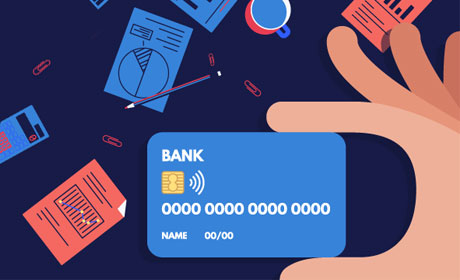


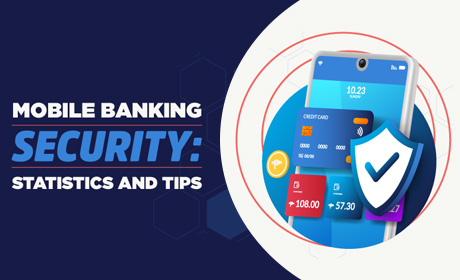


.png)
.png)





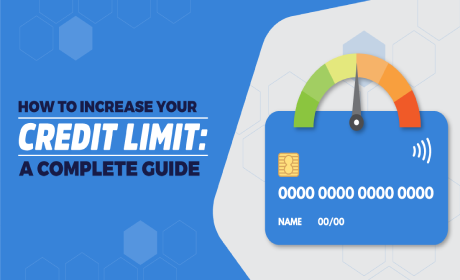
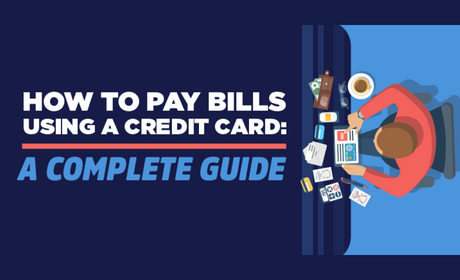



.jpg)
.jpg)
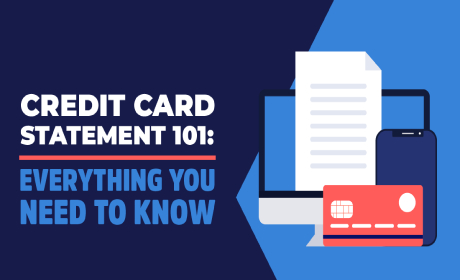
.jpg)

.jpg)

.jpg)



.jpg)
 (1).jpg)
 (1).jpg)
 (1).jpg)

.jpg)
 (1).jpg)
 (2) (1).jpg)
 (2) (1).jpg)
.jpg)
 (1).jpg)
 (1).jpg)
 (1).jpg)
 (1).jpg)


.jpg)
.jpg)
.jpg)
.jpg)
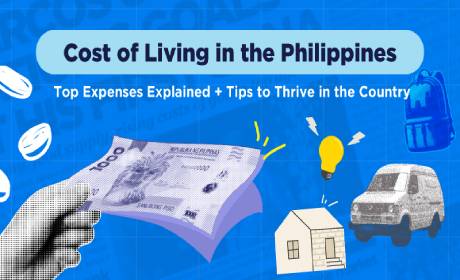
.jpg)
.jpg)


.jpg)
.jpg)
.jpg)
.jpg)
.jpg)
.jpg)


.jpg)
 (1).jpg)

.jpg)

.jpg)
.jpg)
.jpg)
.jpg)
.jpg)
.jpg)


